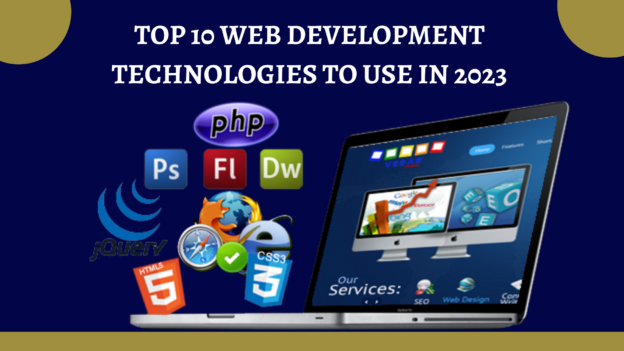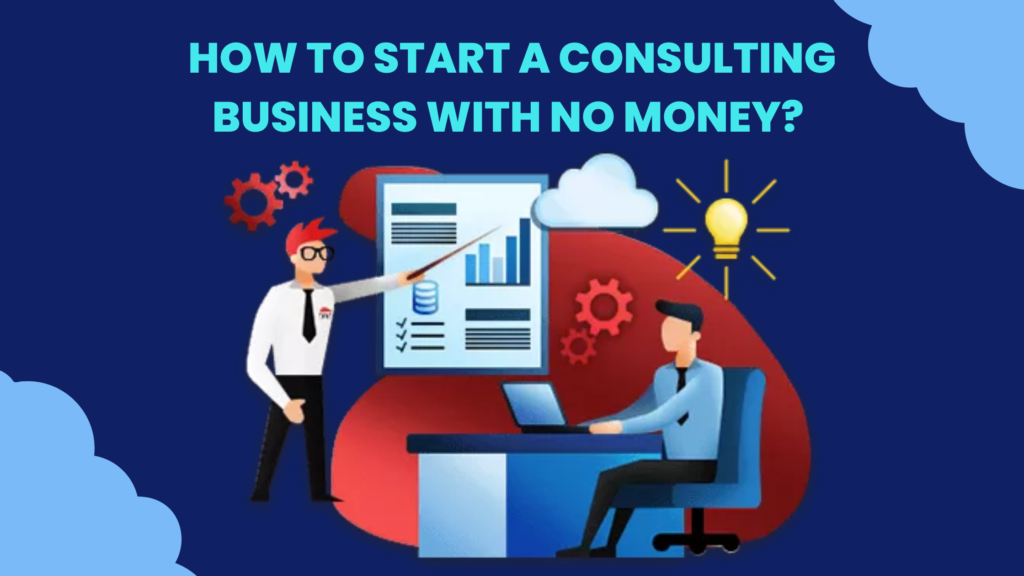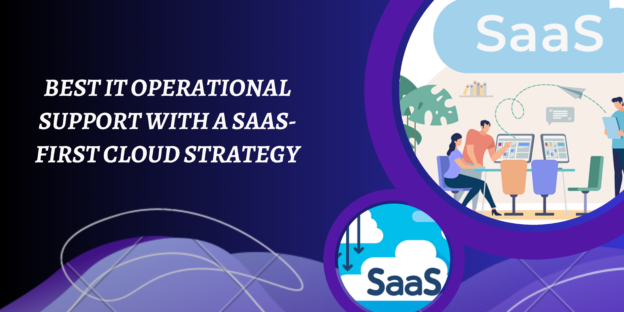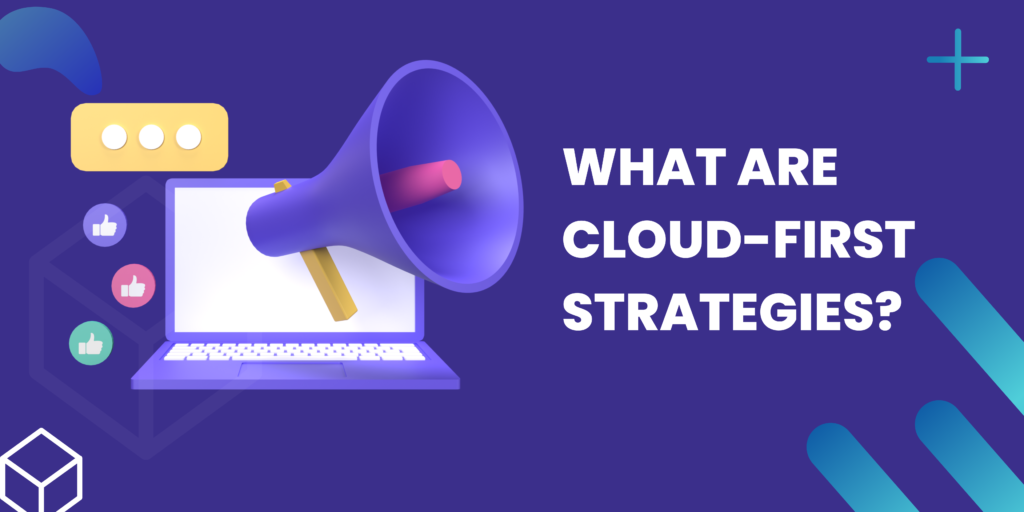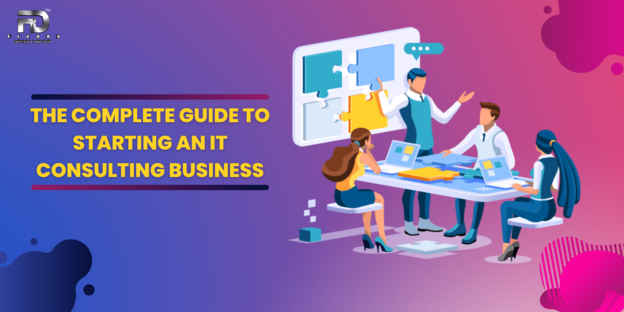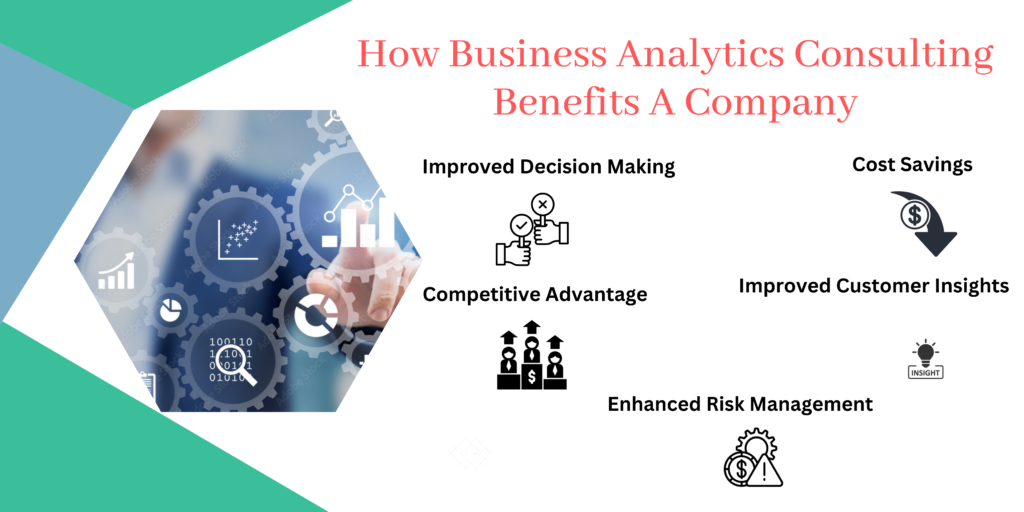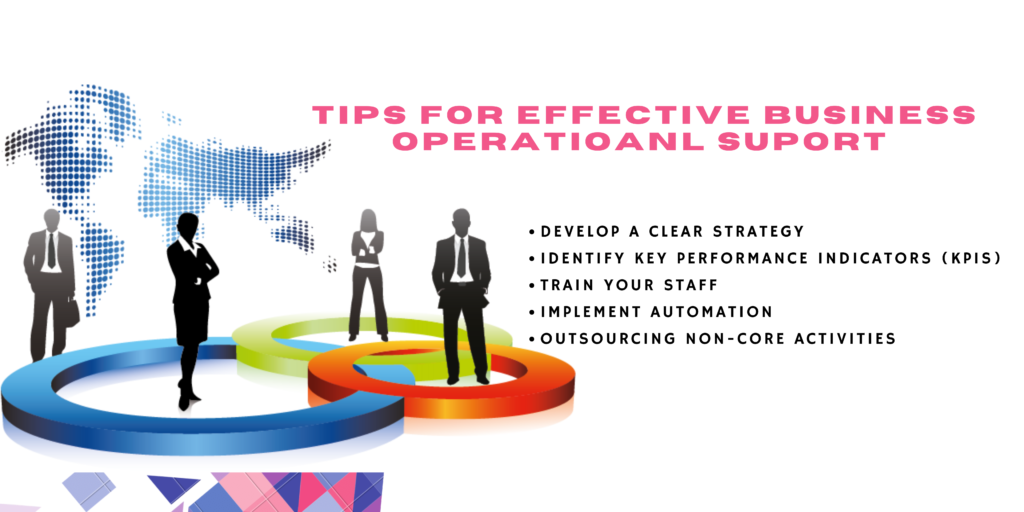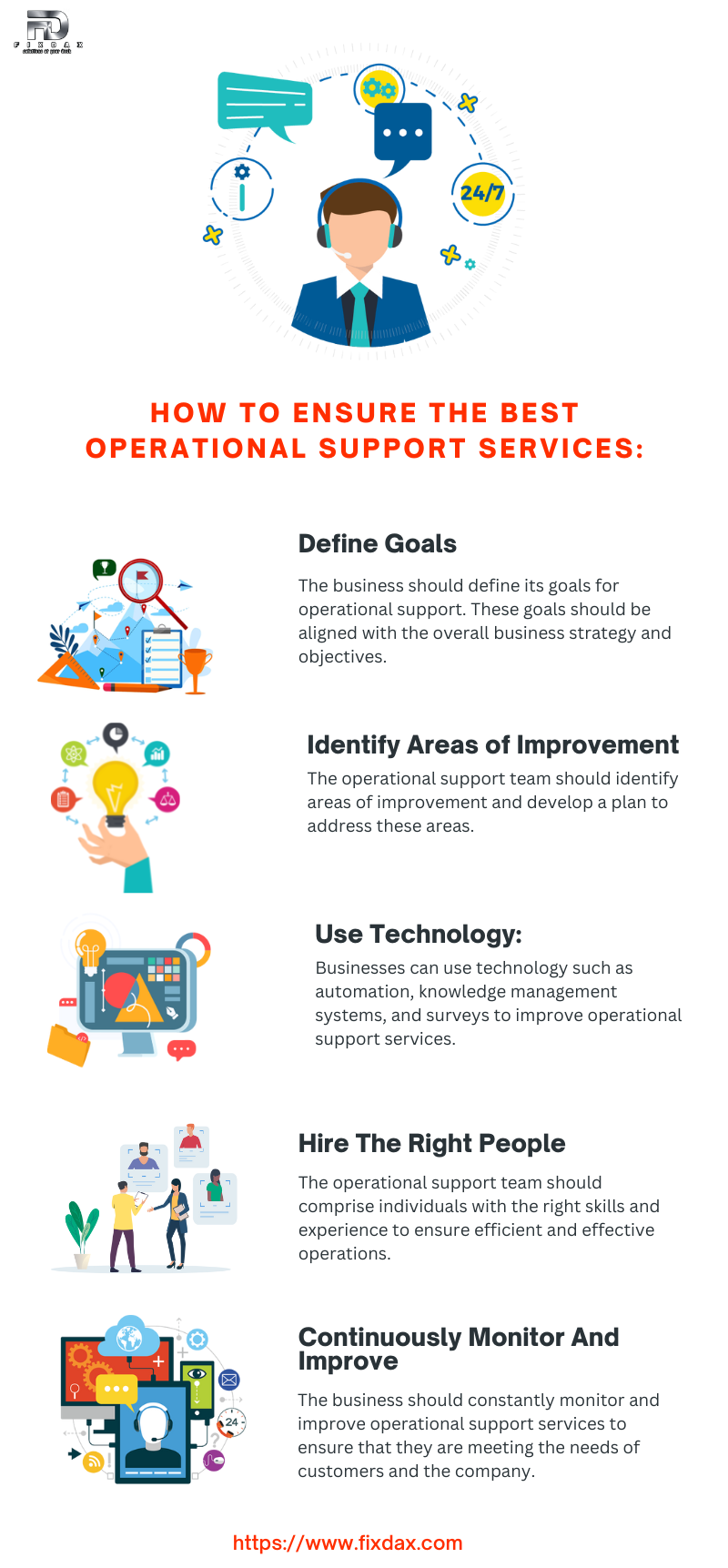Custom software development is a tailor-made solution to provide custom software development services to your target customers by solving their specific challenges with the latest technological advancements for a unique personalized solution provided by your business only, along with customer satisfaction. Inside a custom software development company, there is a trained team of professionals such as developers, designers, and artists who will help you to address all your business objectives and formulate the strategy by considering your business plan for your target audience.
What is custom software development?
Software development is the process to create applications by instructing the computer to perform certain instructions through programming on a specific framework or language. Software development services focus on the general requirements of their audiences. However, custom software development is the process to meet the specific needs of a common target audience with the process of creating, designing, and deploying to achieve providing services to specific requirements. A successful custom software development company meets all the necessary parameters of custom software development to support specific business requirements. With the rapid rise of competition in this digital era. Technological advancements are playing an essential role to scale up your business. Every entrepreneur wants direct access to their target audiences to track their customer behavior and work effectively through custom mobile application development and provide them with the best-customized solutions that no other competitor can provide.
Top 8 Benefits of custom software development:
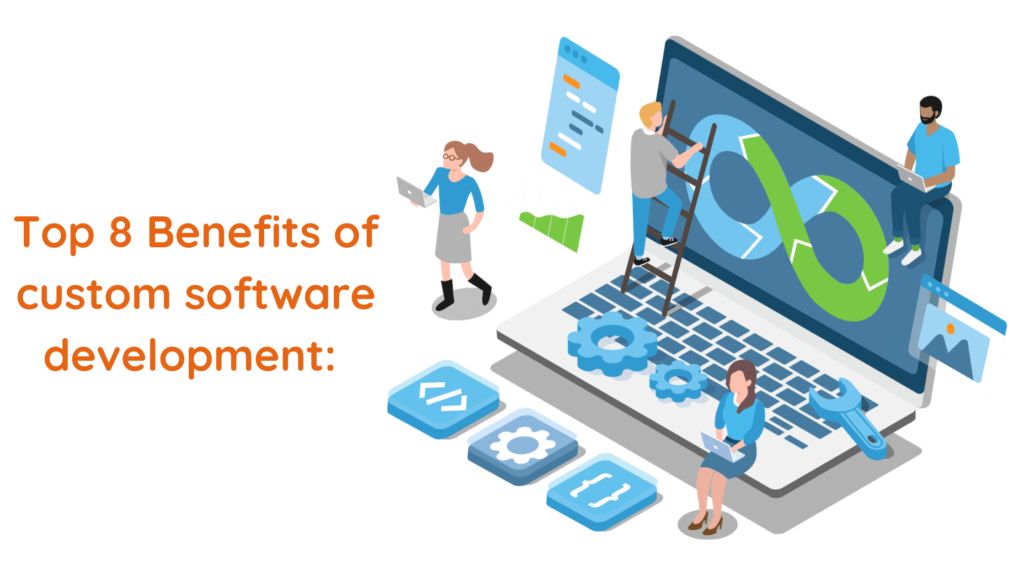
1 Tailor-made approach
2. Boost productivity
3. Enhance security
4. Long-term Investment
5. Easy to operate
6. Flexibility
7. Personalized solution
8. Cost-effective
1. Tailor-made approach:
Custom software development tailor-made approach improves the performance, efficiency, and flexibility that is designed for your business. The tailor-made approach is created in a custom application development company to fulfill your business requirements quickly.
2. Boost productivity:
Through the automation process, custom software development has turned manual repetitive tasks into quick automating tasks which boosts productivity and improves accuracy. Also, custom software development incorporates unique features to improve your business operations.
3. Enhance security:
Custom software development can safeguard the confidential information of your business by ensuring that only authorized personnel has access to your system and data. Custom software development companies help businesses to secure their sensitive information by customization of software that fits your business requirements. Also, help them achieve security not easily tracked by hackers.
4. Long-term Investment:
Custom software development contributes to your company by implementing relevant methodologies and implementing tools and techniques to meet specific business requirements.
5. Easy to operate:
Custom software development caters to different business needs with effective operations to take your business to the next level. Personalization and business longevity transform your business by easily operating and addressing the challenges with personalized solutions.
6. Flexibility:
When you customize software, the custom software development services allow you to make changes, add new features, and implement new ideas for a great user experience is a great advantage to improving your business performance.
7. Personalized solution:
A custom software development solution enhance security by providing complete flexibility and reliable tools to maintain the security of confidential data. By getting a personalized solution for custom software development you can change or update your data as your company evolves.
8. Cost-effective:
Custom software development can take your business to the next level and will allow performing your tasks faster and more efficiently. Identifying your business goals and discovering the customized solution that aligns with your business objectives is an important aspect of custom software development services. It is also cost-effective as it provides personalized software with all the necessary features specific to your business needs.
What are the best examples of custom software development services?
5 Best Examples of Custom Software Development Services:
1. E-commerce software
2. Gaming
3. Streaming Platforms
4. Business management
5. Transportation services
1. E-commerce software:
To expand the number of loyal customers, E-commerce custom software development helps to streamline the business efficiently by easily accessing the relevant target audience data that can be utilized for research and to provide better services to the customers. Custom software development uses advanced web technology to simplify payment options along with a tailor-made user experience for a great shopping experience. Examples of E-commerce custom software development are Amazon, Shopify, and BigCommerce.
2.Gaming:
Custom software development offers engagement and profitability with a unique solution that belongs to your business only. Custom software development company brings vision and innovation into action by creating a personalized experience for the players. Game developers and designers design the characters, environment, and enemies according to the vision of their gaming company. Such as creating avatars and choosing weapons for your character is an essential part of custom software development. Implementation of advanced technology in your project is necessary to provide a great player experience by making the game interesting and engaging.
3. Streaming Platforms:
Different streaming services are built to provide a great user experience by implementing their unique business strategy for custom software development. One of the biggest streaming platforms such as Netflix and YouTube provides a great and different user experience that allows the audience to enjoy the content based on personalized recommendation. Custom software development of different streaming platforms can vary based on different business ideas. For example, Netflix presents all the films and shows to binge-watch, options to see without an internet connection, giving you a customized list based on your interests, and much more. On the other hand, YouTube has different custom software that allows users to create content. And in this video platform bloggers and users with different niches share their experiences, knowledge, and culture that is liked by their subscribers.
4. Business management:
Custom software development is a boon to entrepreneurs and businesses to implement an efficient and effective personalized solution to benefit their organization in terms of scalability, security, data management, and flexibility that will improve business functionality with smooth processing.
5. Transportation services:
Custom software development is also used in ride-sharing transportation services such as OLA and Uber API. The transportation companies implement the pricing, customer specifications, location, map, Driver, and vehicle information to ensure transparency with their customer.
Why your business needs custom software?
Businesses need custom software development to define their customer growth and business objectives. There are different reasons your business needs custom software:
1. Excessive repetitive work: Performing tedious and excessive paperwork manages task better and improves efficiency to help businesses boost productivity and streamline the process efficiently.
2. Maintain data and reports: Custom software development helps to save efficient time for your employees while maintaining data and reports with minimizing the import and export of relevant data.
4. Secured access to data: Custom software development provides security to all confidential information and data with a unique customized solution based on industry requirements.
5. Reduce errors: Choosing custom software development services for your business helps you to maintain flexibility and scalability which helps businesses to reduce errors and uplift the business systematically.
Read Also : Top 10 Web Development Technologies To Use In 2023
Conclusion
In this blog, we discussed custom software development, its benefits, and examples that are necessary for building personalized software for your target audience. Entrepreneurs are investing in custom software development to provide a great user experience and direct access to the target customer’s needs and interests which will help in developing the software for smooth functioning and better results. The rising implementation of software development in different businesses that led to greater results and achievements. Custom software development is evolving to provide tailor-made solutions for your business. A custom software development company has a team of potential industry experts such as developers, designers, artists, etc. who contribute to making the project successful by implementing custom software development solutions.



